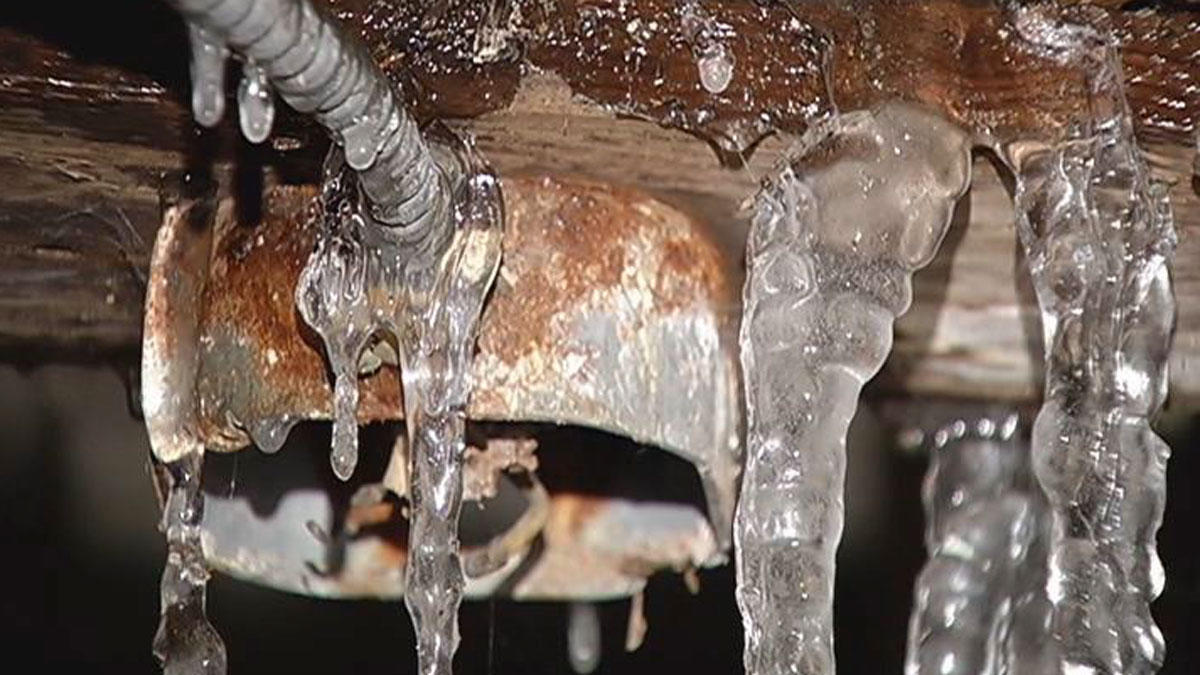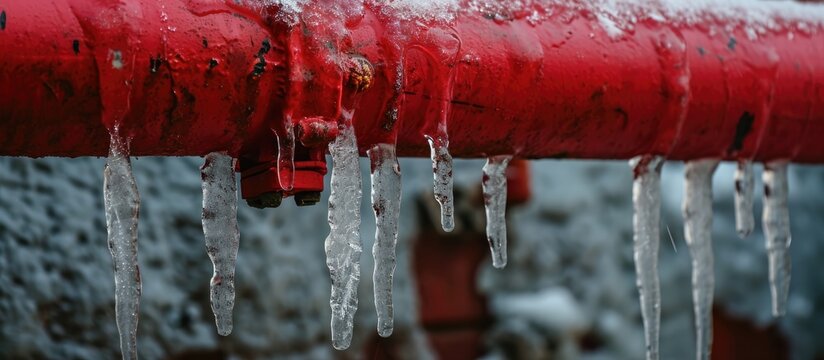Protecting Your Pipes from Cold Weather: Effective Strategies
Protecting Your Pipes from Cold Weather: Effective Strategies
Blog Article
Are you in search of know-how concerning How To Avoid Freezing Pipes?

Winter can damage your pipes, particularly by freezing pipes. Right here's just how to stop it from happening and what to do if it does.
Introduction
As temperature levels decline, the threat of icy pipes rises, possibly causing expensive fixings and water damages. Understanding how to avoid frozen pipes is critical for home owners in chilly environments.
Comprehending Frozen Pipelines
What triggers pipelines to freeze?
Pipelines freeze when revealed to temperatures listed below 32 ° F (0 ° C) for extended durations. As water inside the pipes freezes, it increases, putting pressure on the pipe wall surfaces and possibly creating them to break.
Risks and damages
Frozen pipes can result in water supply disruptions, property damages, and costly repair work. Burst pipelines can flood homes and cause extensive architectural damages.
Indications of Frozen Water Lines
Determining icy pipelines early can prevent them from bursting.
How to recognize icy pipes
Try to find lowered water circulation from taps, uncommon odors or sounds from pipelines, and visible frost on exposed pipes.
Avoidance Tips
Insulating susceptible pipes
Cover pipelines in insulation sleeves or utilize warm tape to protect them from freezing temperatures. Concentrate on pipes in unheated or exterior locations of the home.
Home heating techniques
Maintain interior rooms adequately warmed, particularly areas with pipes. Open up cabinet doors to permit cozy air to circulate around pipelines under sinks.
Safeguarding Outside Pipes
Garden hoses and exterior taps
Separate and drain pipes garden tubes prior to winter. Install frost-proof spigots or cover outdoor faucets with shielded caps.
What to Do If Your Pipes Freeze
Immediate activities to take
If you presume icy pipelines, maintain faucets open to eliminate stress as the ice thaws. Make use of a hairdryer or towels taken in hot water to thaw pipes slowly.
Long-Term Solutions
Structural adjustments
Consider rerouting pipelines far from outside walls or unheated areas. Include additional insulation to attic rooms, cellars, and crawl spaces.
Updating insulation
Purchase top quality insulation for pipes, attic rooms, and wall surfaces. Appropriate insulation helps keep constant temperatures and lowers the risk of icy pipelines.
Final thought
Stopping frozen pipelines needs aggressive measures and quick feedbacks. By recognizing the reasons, signs, and preventive measures, home owners can safeguard their pipes throughout cold weather.
Helpful Tips to Prevent Frozen Pipes this Winter
UNDERSTANDING THE BASICS: WHY PIPES FREEZE AND WHY IT’S A PROBLEM
Water freezing inside pipes is common during the winter months, but understanding why pipes freeze, and the potential problems it can cause is crucial in preventing such incidents. This section will delve into the basics of why pipes freeze and the associated problems that may arise.
THE SCIENCE BEHIND FROZEN PIPES
When water reaches freezing temperatures, it undergoes a physical transformation and solidifies into ice. This expansion of water as it freezes is the primary reason pipes can burst. As the water inside the pipe freezes, it expands, creating immense pressure on the walls. If the pressure becomes too great, the pipe can crack or rupture, leading to leaks and water damage.
FACTORS THAT CONTRIBUTE TO PIPE FREEZING
Low Temperatures: Extremely cold weather, especially below freezing, increases the risk of pipes freezing. Uninsulated or Poorly Insulated Pipes: Pipes located in unheated areas, such as basements, crawl spaces, or attics, are more prone to freezing. Insufficient insulation or lack of insulation altogether exacerbates the problem. Exterior Wall Exposure: Pipes running along exterior walls are susceptible to freezing as they encounter colder temperatures outside. Lack of Heating or Temperature Regulation: Inadequate heating or inconsistent temperature control in your home can contribute to frozen pipes. PROBLEMS CAUSED BY FROZEN PIPES
- Pipe Bursting: As mentioned earlier, the expansion of water as it freezes can cause pipes to burst, resulting in significant water damage.
- Water Damage: When pipes burst, it can lead to flooding and water damage to your property, including walls, ceilings, flooring, and personal belongings.
- Structural Damage: Prolonged exposure to water from burst pipes can compromise the structural integrity of your home, leading to costly repairs.
- Mold and Mildew Growth: Excess moisture from water damage can create a favorable environment for mold and mildew growth, posing health risks to occupants.
- Disrupted Water Supply: Frozen pipes can also result in a complete or partial loss of water supply until the issue is resolved.
WHY CERTAIN PIPES ARE MORE PRONE TO FREEZING
- Location: Pipes located in unheated or poorly insulated areas, such as basements, crawl spaces, attics, or exterior walls, are at higher risk of freezing.
- Exterior Pipes: Outdoor pipes, such as those used for irrigation or exposed plumbing, are particularly vulnerable to freezing as they are directly exposed to the elements.
- Supply Lines: Pipes that carry water from the main water supply into your home, including the main water line, are critical to protect as freezing in these lines can affect your entire plumbing system.
- Underground Pipes: Pipes buried underground, such as those connected to sprinkler systems or outdoor faucets, can be susceptible to freezing if not properly insulated.
https://busybusy.com/blog/helpful-tips-to-prevent-frozen-pipes-this-winter/

We were brought to that write-up about Prevent Frozen Pipes through a friend on a different web property. Enjoyed our entry? Please quickly share it. Let someone else check it out. Many thanks for your time invested reading it.
Click Here Report this page